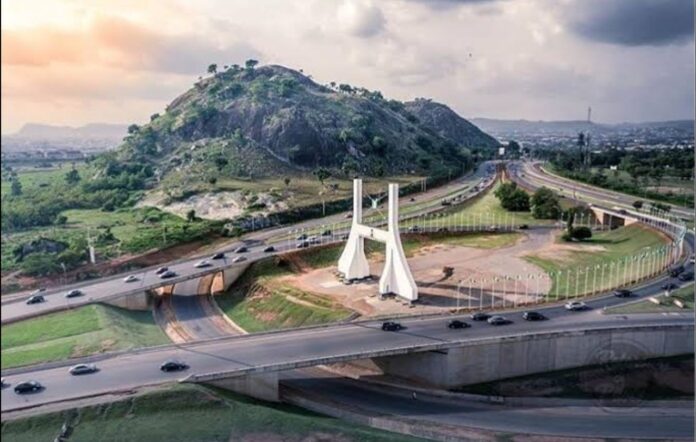By Hauwau Shehu Maikeffi
Residents of the Kpaduma community in the Federal Capital Territory (FCT) have publicly refuted recent statements by FCT Minister Nyesom Wike, asserting that they had been compensated and relocated by previous administrations. The community members are urging the minister to dismiss these claims and are advocating for their integration into Abuja’s master plan as a form of recompense for enduring hardships over the years. 
At a press conference held in Kpaduma on Monday, community spokesperson Bala Iyah emphasized their deep-rooted connection to their ancestral lands and expressed concerns over potential displacement. He highlighted the community’s longstanding presence and their desire to remain integral to the city’s development. 
This dispute arises amidst recent demolition activities in the Gishiri area, personally supervised by Minister Wike. The minister claimed that residents had been compensated years prior but failed to relocate, necessitating the demolitions.  However, affected residents contested these claims, arguing that the compensation offered, ranging between ₦70,000 and ₦150,000, was insufficient and that proposed relocation sites were unsuitable. 
The FCT Administration’s Department of Resettlement and Compensation has historically managed the relocation and compensation of communities affected by urban development projects. Communities such as Zuba, Pegi, Gidan Mangoro, and Bwari have undergone compensation processes for land acquisitions serving public interests.  Despite these measures, disputes over the adequacy and execution of compensation and resettlement plans persist.
In light of these challenges, Kpaduma community members are appealing to Minister Wike to consider their integration into Abuja’s master plan rather than enforcing relocation. They believe such integration would acknowledge their historical ties to the land and address longstanding grievances related to compensation and resettlement policies. 
This situation underscores the ongoing tensions between urban development initiatives and the rights of indigenous communities in the FCT. As Abuja continues its rapid expansion, balancing infrastructural growth with the preservation of native communities’ rights remains a pressing concern for policymakers and residents alike.










